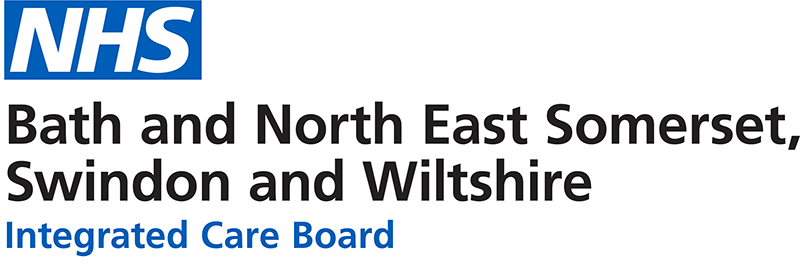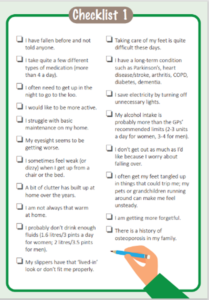What is case identification?
The first step to delivering Anticipatory Care is finding the people who stand to benefit most from this approach and creating a process for clinical validation of their eligibility.
You can decide whether someone is suitable for Anticipatory Care by analysing GP practice data and using a range of practical tools and approaches, some of which are outlined below.
How do you do it?
Potential candidates include:
- People living with frailty (those with a Clinical Frailty Scale (CFS) of ‘moderate’ or ‘severe’)
- People experiencing health inequalities as defined by NHS CORE20PLUS
- People reliant on unplanned care (attended A&E or urgent care 5 times in last 12 months and/or have been admitted as an emergency for chronic ambulatory care sensitive condition (ACSC))
People not suitable for Anticipatory Care are:
- People living in care homes
- People with mental health conditions but without physical health needs
- People needing specialist palliative care
Useful tools
Here are some practical tools to help you carry out case identification:


